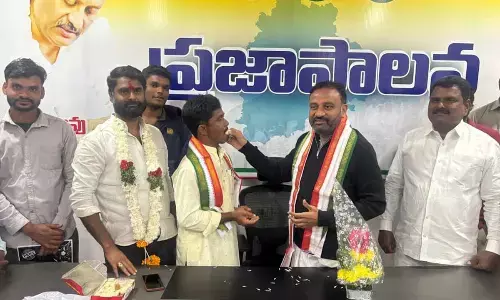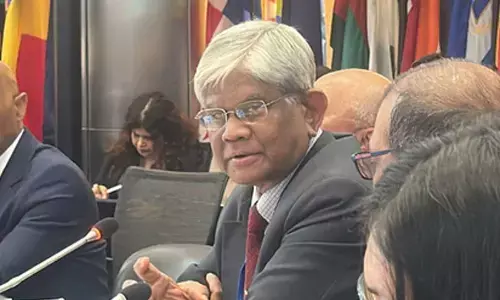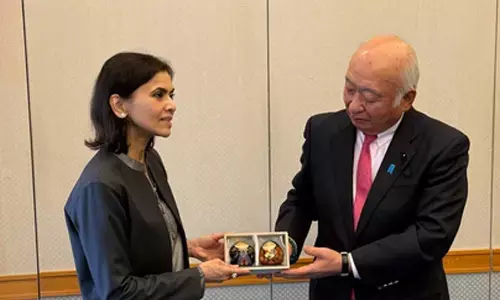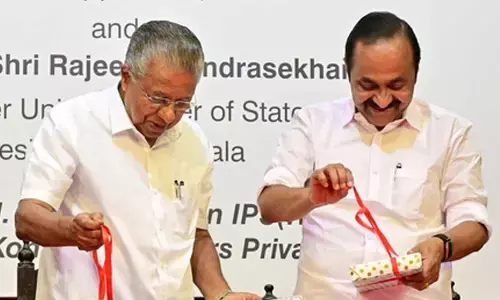Iconic cricketer Sachin Tendulkar has become the latest celebrity to fall victim to a deepfake video. On Monday
Share :
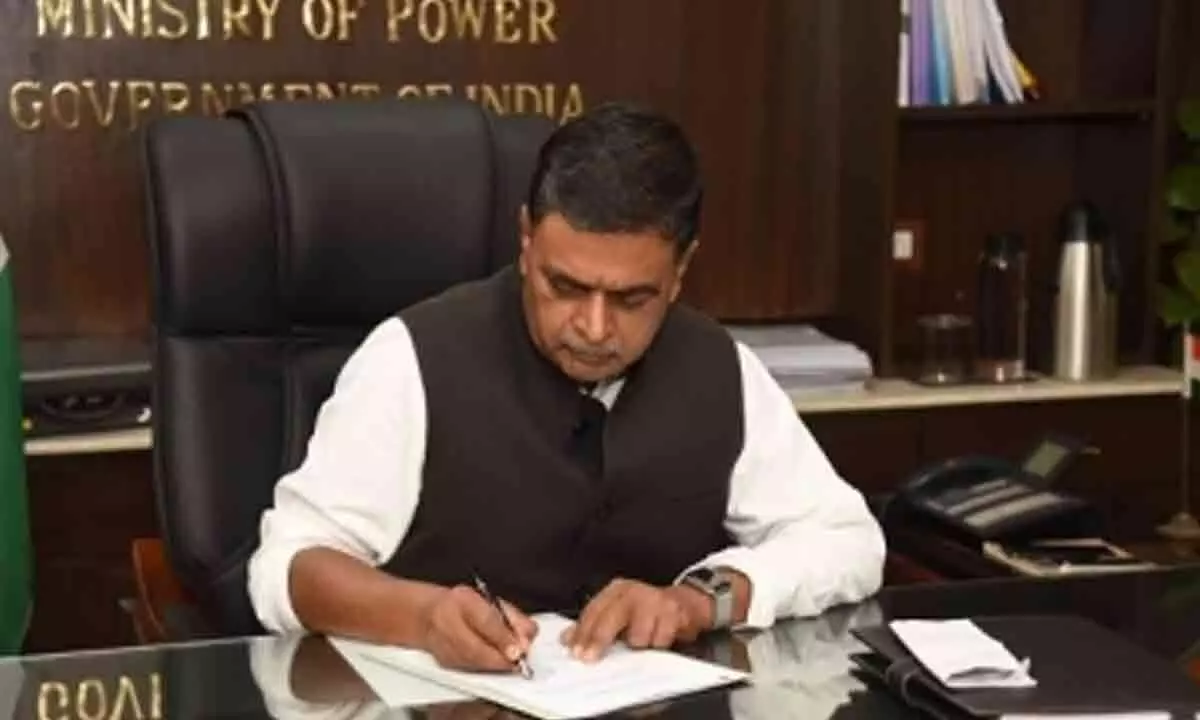
The Power Ministry on Monday issued new rules to allow bulk consumers of electricity who have Energy Storage Systems (ESS) to establish, operate and maintain dedicated transmission lines themselves without the requirement of a licence.
New Delhi : The Power Ministry on Monday issued new rules to allow bulk consumers of electricity who have Energy Storage Systems (ESS) to establish, operate and maintain dedicated transmission lines themselves without the requirement of a licence.
"For ease of doing business by industries like Green Hydrogen manufacturers and to facilitate energy transition along with energy security by faster establishment of energy storage capacity new rules have been prescribed," the Power Ministry said.
By allowing such facility a new category of "bulk consumers" would emerge in the country, benefiting from more affordable electricity and enhanced grid reliability. This facility was already available to generating companies and captive generating stations.
The new rule prescribes that a generating company or a person setting up a captive generating plant or an Energy Storage System or a consumer having load of not less than 20 Megawatt in case of Inter State Transmission System and 10 Megawatt in case of Intra-State Transmission System shall not be required to obtain a licence for establishing, operating or maintaining a dedicated transmission line to connect to the grid, if such company or person or consumer complies with the Regulations, technical standards, guidelines and procedures issued under the provisions of the Act.
The new rules also provide for reducing open access charges which will benefit consumers including Industry and forms part of the reforms aimed at improving the financial health of discoms by ensuring cost-reflective tariff through elimination of revenue gap.
Due to very high Open Access charges levied by some State Regulators this facility of Open Access could not be utilised by the consumers to the desired level.
Open Access charges must be reasonable and uniform throughout the country to facilitate the consumers like commercial establishments and industries in getting electricity through Open Access at competitive and reasonable rates, according to the Power Ministry statement.
To rationalise the open access charges new rules have been prescribed which will reduce costs of wheeling charges, state transmission charges and additional surcharge.
Releasing the rules, Minister for Power R.K. Singh said doing away with the requirement of license for dedicated transmission lines for industry will lead to ease of doing business, leading to faster industrial growth and more job creation.
This, along with rationalisation of open access charges will lead to faster adoption of renewable energy by the industry, thus, reducing emissions. The Minister said that this to the latest in the whole series of reforms carried out in the power sector under Prime Minister Narendra Modi-led government.
The new rule on access charges inter-alia prescribes that for a person availing General Network Access or Open Access, the additional surcharge shall be linearly reduced and get eliminated within four years from the date of grant of General Network Access or Open Access.
It is also provided that the additional surcharge shall be applicable only for the Open Access Consumers who are or have been consumers of the concerned Distribution licensee. Thus, a person who has never been a consumer of the Distribution licensee would not have to pay additional surcharge.
To ensure financial sustainability of the power sector, it is necessary that the tariff is cost reflective and all the prudent costs are allowed. However, some States Regulators had created a large revenue gap leading to financial distress to the distribution companies due to disallowance of various costs incurred including even power purchases costs.
To discourage such practice, there was a need to make statutory provisions to ensure that there is no such gap, the statement explained. It is also imperative that liquidation of any such existing gaps in revenue is done in a time bound manner.
New rules are notified to ensure that revenue gap is not created except in extraordinary circumstances like natural calamity and to provide for time bound liquidation of the gaps created, if any.
The rule mandates that the tariff shall be cost reflective and there shall not be any gap between approved Annual Revenue Requirement and estimated annual revenue from approved tariff except under natural calamity conditions. Such gap, created if any, shall not be more than three percent of the approved Annual Revenue Requirement.








